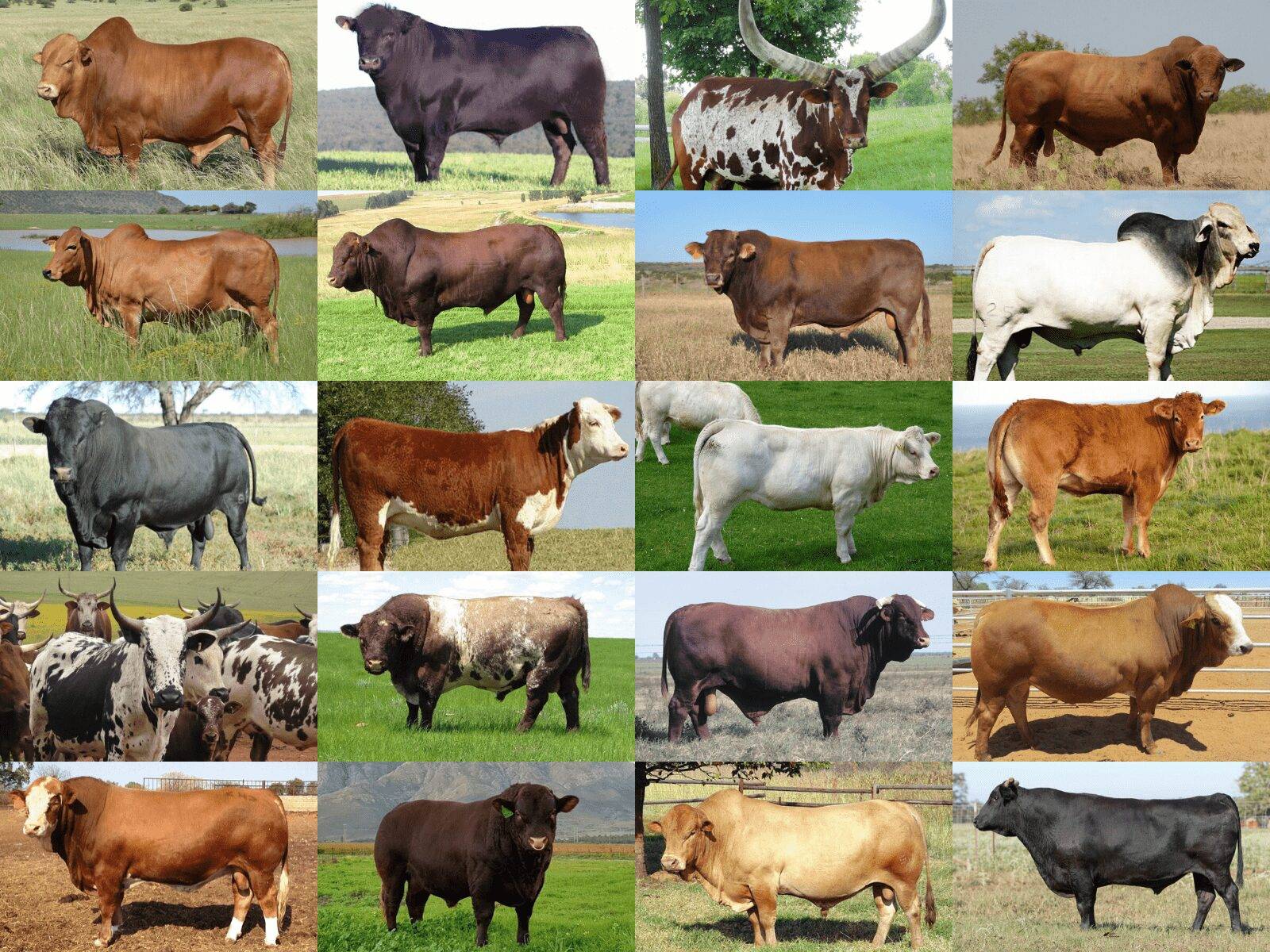Africa’s agricultural landscape is rich and diverse, with beef production playing a vital role in the continent’s economy and food security. From traditional pastoralist communities to modern commercial enterprises, Africa boasts a vibrant beef industry that satisfies domestic demand and fuels international trade. In this article, we explore Africa’s top 10 largest beef producers, showcasing their contributions to economic growth, job creation, and nourishment across the continent.
Unveiling Africa’s Top 10 Largest Beef Producers: Driving Growth and Nourishment
1. Ethiopia Ethiopia stands as one of Africa’s largest beef producers, with a thriving livestock sector that supports millions of livelihoods. The country’s vast pastoralist communities raise cattle on extensive grazing lands, contributing significantly to domestic beef production. Additionally, Ethiopia’s commercial beef industry continues to grow, with modern abattoirs and processing facilities meeting the demands of urban consumers.
2. Sudan Sudan boasts a robust livestock sector, with cattle rearing being a traditional way of life for many communities. The country’s vast rangelands provide ample grazing opportunities for cattle, contributing to Sudan’s status as a major beef producer in Africa. Sudan’s beef industry benefits from both domestic consumption and export markets, with the country exporting beef to neighboring countries and beyond.
3. Botswana Botswana’s beef industry is a cornerstone of the country’s economy, with the beef sector contributing significantly to GDP and employment. The country’s extensive rangelands support large herds of cattle, with beef production being a primary source of income for many rural communities. Botswana’s beef exports, particularly to the European Union, play a crucial role in generating foreign exchange earnings.
4. Nigeria Nigeria boasts a large and diverse livestock sector, with cattle rearing being a significant source of livelihood for millions of people. The country’s commercial beef industry is rapidly expanding, with modern feedlots and processing facilities meeting the demands of urban consumers. Nigeria’s beef production also serves as a key source of protein for the country’s growing population.
5. Kenya Kenya’s beef industry is characterized by a mix of traditional and commercial production systems, with both smallholder farmers and large-scale ranches contributing to beef production. The country’s beef sector benefits from a growing domestic market and export opportunities to neighboring countries in East Africa. Kenya’s beef producers are increasingly adopting modern farming practices to improve productivity and efficiency.
6. Tanzania Tanzania is a major beef producer in East Africa, with a significant portion of the country’s population engaged in livestock farming. Traditional pastoralist communities raise cattle on extensive grazing lands, while commercial ranches contribute to the country’s beef exports. Tanzania’s beef industry plays a crucial role in rural development and poverty alleviation, providing income and livelihoods to millions of people.
7. South Africa South Africa’s beef industry is well-developed, with a mix of commercial feedlots and extensive grazing systems contributing to beef production. The country’s beef sector benefits from modern processing facilities and a strong domestic market, as well as export opportunities to international markets. South Africa’s beef producers adhere to high standards of quality and safety, ensuring that consumers have access to premium beef products.
8. Namibia Namibia’s beef industry is a key driver of the country’s economy, with cattle farming playing a central role in rural livelihoods. The country’s beef exports, particularly to the European Union, generate significant revenue and foreign exchange earnings. Namibia’s beef producers are committed to sustainable farming practices and animal welfare, ensuring the long-term viability of the industry.
9. Zimbabwe Zimbabwe’s beef industry is characterized by a mix of commercial ranches and smallholder farming systems, with cattle rearing being a traditional way of life for many communities. The country’s beef sector contributes to domestic food security and rural development, providing income and employment opportunities to thousands of people. Zimbabwe’s beef producers are increasingly focusing on improving productivity and value addition to meet growing demand.
10. Zambia Zambia’s beef industry is a vital component of the country’s agricultural sector, with cattle farming being widespread across the country. Traditional livestock rearing practices coexist with modern commercial operations, contributing to Zambia’s status as a major beef producer in Southern Africa. The country’s beef sector plays a crucial role in poverty reduction and rural development, providing livelihoods to thousands of smallholder farmers.
In conclusion, Africa’s top 10 largest beef producers represent a diverse array of countries and production systems, each contributing to the continent’s agricultural growth and food security. From traditional pastoralist communities to modern commercial enterprises, Africa’s beef industry remains a cornerstone of livelihoods and economic development. As the continent continues to urbanize and its population grows, the importance of sustainable beef production becomes increasingly evident, ensuring that future generations have access to nutritious and affordable protein sources.
Related: The Top 10 Largest Beef Producing Countries in Europe
